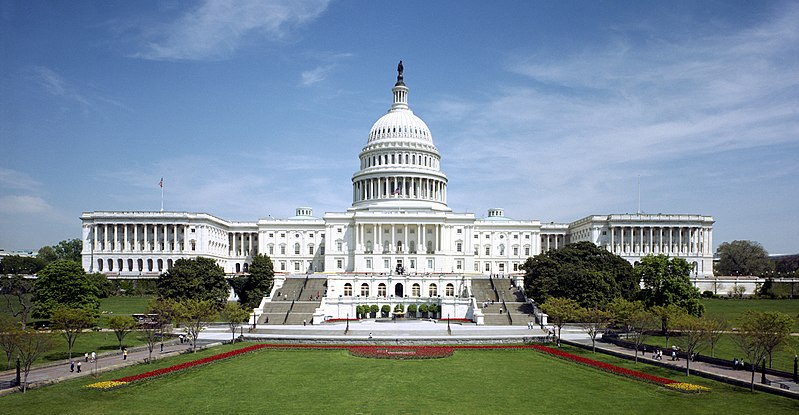
SEOUL – Has the world entered a new era of chaos? America’s vacillating policy toward Syria certainly suggests so. Indeed, the bitter legacy of the invasions of Iraq and Afghanistan, followed by the 2008 financial crisis, has made the United States not only reluctant to use its military might, even when “red lines” are crossed, but also seemingly unwilling to bear any serious burden to maintain its global leadership position. But, if America is no longer willing to lead, who will take its place?
China’s leaders have demonstrated their lack of interest in active global leadership by openly rejecting calls to become a “responsible stakeholder” in the international political and economic systems. Meanwhile, though Russia may wish to maintain the illusion that it is a global power, it lately seems interested primarily in thwarting America whenever possible – even when doing so is not in its own long-term interests. And Europe faces too many internal problems to assume any significant leadership role in global affairs.
Unsurprisingly, this dearth of leadership has seriously undermined the effectiveness of international institutions, exemplified by the United Nations Security Council’s ineffectual response to the Syria crisis and the failure of the current round of World Trade Organization (WTO) trade negotiations. This situation resembles the 1930’s – a decade when, as the economic historian Charles P. Kindleberger argued, a leadership vacuum led to the under-production of global public goods, deepening the Great Depression.
In these circumstances, the US and China – the only viable candidates for global leadership – must achieve a grand compromise that reconciles their fundamental interests, in turn enabling them to act in concert to provide and protect global public goods. Only by stabilizing the bilateral Sino-American relationship can a global system that supports peace and shared prosperity be achieved.
Such a compromise should begin with a concerted effort by the US to enhance China’s role in international economic institutions like the International Monetary Fund, the World Bank, and the WTO. While the appointment of the Chinese central banker Zhu Min as IMF Deputy Managing Director was a positive step, it has not been followed by other appointments or steps that would increase China’s influence.
Moreover, China should be included in the Trans-Pacific Partnership – the pan-Asian free-trade area that the US is now negotiating with Australia, Brunei Darussalam, Chile, Malaysia, New Zealand, Peru, Singapore, and Vietnam. Dividing the Asia-Pacific region into two economic blocs – one centered around China and the other around the US – will increase mistrust and encourage economic friction.
In fact, as former US National Security Adviser Zbigniew Brzezinski argued at the World Peace Forum in Beijing in June, what the world really needs is a comprehensive economic partnership between the US and China. But such cooperation will be impossible unless the US recognizes China as an equal partner – and not just rhetorically.
Given that the US retains a significant military advantage over China, America could support such a partnership without incurring significant security risks. The irony is that military superiority could weaken US leaders’ willingness to make the kinds of concessions, particularly with regard to security matters, that an equal partnership would require. But, even then, the needed adjustments could be made without compromising US security interests.
Consider US arms sales to Taiwan. Given the degree of China-Taiwan cooperation nowadays, reducing such sales would be unlikely to endanger Taiwan, and doing so would contribute substantially to confidence-building between the US and China. The question is whether any US president, Republican or Democrat, would be willing to risk alienating those who still view Taiwan through the lens of its conflict with the People’s Republic.
The quid pro quo for these changes to US policy would be a commitment by China to respect and defend a set of international norms, principles, and institutions that was created largely without its involvement. Given that China’s rapid GDP growth since 1979 would have been impossible without America’s efforts to create an open world order, Chinese leaders should not consider this too difficult a pill to swallow.
To be sure, China’s increasingly assertive foreign policy since 2009 could indicate that, despite the universal advantages that Sino-American leadership cooperation would bring, its leaders will remain unwilling to commit to enforcing the existing global order. But the growing sense that this new assertiveness has backfired, increasing anxiety among China’s neighbors and compelling the US to ramp up its strategic involvement in Asia, means that China could probably be convinced to reset its relationship with the US. The major test here will be whether China is willing to accept the status quo in the East and South China Seas.
Doomsayers frequently cite the wars that followed Imperial Germany’s rise as a historical parallel to the Sino-American relationship today. But a better example – in which a global hegemon accommodates an emerging power – might be the United Kingdom’s acceptance of America’s rise. As China’s leaders define the country’s global role, they should bear in mind the success of the UK’s approach – as well as the failure of Imperial Germany’s arrogant diplomacy.
Copyright Project Syndicate
Yoon Young-kwan, former Minister of Foreign Affairs of the Republic of Korea, is Professor of International Relations at Seoul National University.
For additional material on this topic please see:
Global Trends 2030: Will the US be Able to Lead in a Post-Western World?
Force and Diplomacy with Karl Eikenberry
For more information on issues and events that shape our world please visit the ISN’s Weekly Dossiers and Security Watch.

